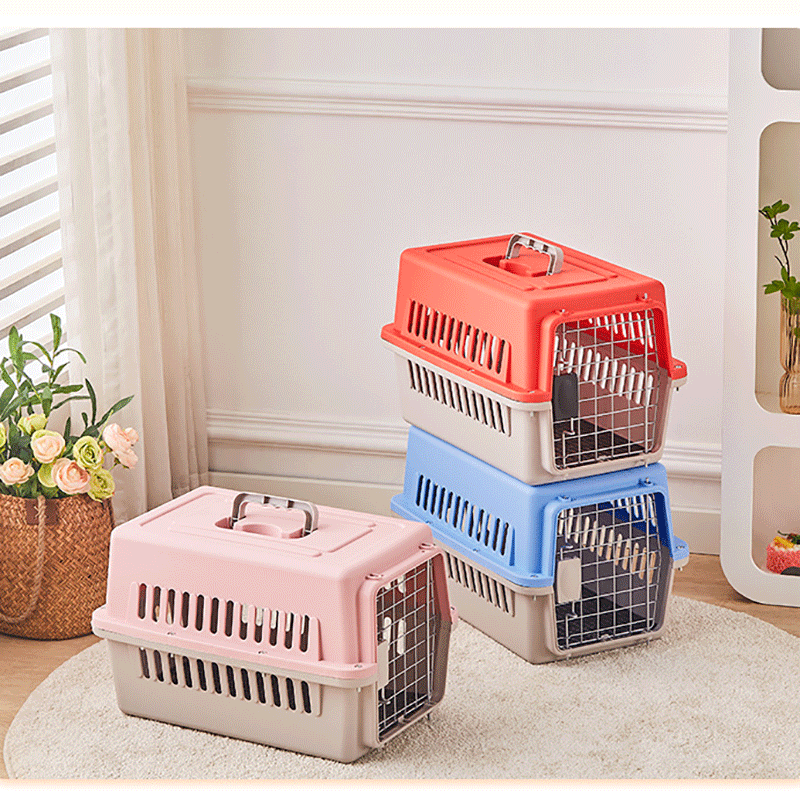If you’ve ever woken up to find that your dog has peed in your bed, you know how frustrating and confusing it can be. While this behavior is certainly unpleasant, there are several potential reasons why your dog might be doing this. Understanding these reasons can help you address the issue effectively.
Reasons Why Dogs Pee in Your Bed
Behavioral Issues:
Separation anxiety:
Separation anxiety occurs when a dog becomes extremely anxious and stressed when left alone or separated from their owner. Dogs are social animals, and many form strong bonds with their human companions. When separated, they may feel abandoned or insecure, leading to anxiety. Plus, your bed carries your scent, which can be comforting to a dog experiencing anxiety. Therefore, peeing on the bed is a way for the dog to surround themselves with your scent, seeking comfort in your absence.
Stress Response:
Just like humans, dogs can have physical responses to stress. The anxiety of being left alone can lead to a loss of bladder control. The bed, being a soft and familiar place, may seem like a safe spot for the dog to relieve themselves.
Attention-Seeking Behavior:
In some cases, dogs might pee on the bed to get their owner’s attention. If this behavior has previously resulted in interaction with you—even if it’s negative attention like scolding—the dog may repeat it in hopes of your return.
Territorial Marking:
Dogs may mark their territory, especially if they feel insecure or if there are other animals in the home.
Environmental Reasons:
New Family Members:
The arrival of a new baby, partner, or roommate can disrupt a dog’s routine and sense of territory. This can cause stress or anxiety, leading to urination on the bed as a form of marking or comfort-seeking behavior.
Noisy Environments:
Busy or noisy outdoor environments can distract dogs or make them feel unsafe. They might not urinate while outside because they are too focused on the distractions or are anxious, leading to accidents once they return inside.
Medical Issues:
Urinary Tract Infections (UTIs):
UTIs can cause a dog to lose control over their bladder, leading to accidents.
Incontinence:
Particularly in older dogs, incontinence can be a result of various health issues.
Diabetes or Kidney Disease:
These conditions can increase urination frequency and urgency.
Solutions to Stop the Behavior:
Addressing Mental Anxiety:
Gradual Desensitization:
Gradually get your dog used to being alone by leaving for short periods and slowly increasing the duration. Start with just a few minutes and gradually extend the time as your dog becomes more comfortable.
Create a Safe Space:
Designate a comfortable, safe area for your dog to stay in while you’re gone. This could be a crate with their favorite toys or a specific room where they feel secure. At Lynpet, we also offer a range of options designed to keep your dog safe and comfortable.

Provide Comfort Items:
Leave items that carry your scent, like an old t-shirt, to comfort your dog while you’re away.
Interactive Toys:
Keep your dog mentally stimulated with interactive toys to distract them from your absence. Discover the perfect toys for your dog at Lynpet and make their alone time more enjoyable and enriching!

Positive Attention:
Give your dog plenty of positive attention when they are behaving well. Spend quality time with them to ensure they feel loved and secure.
Behavioral Marking Solutions:
Neutering/Spaying:
If your dog is not already neutered or spayed, consider this option as it can reduce territorial marking behavior.
Clean Thoroughly:
Clean any marked areas thoroughly with an enzymatic cleaner to remove scents that might encourage repeat marking.
Addressing Stress from New Family Members:
Gradual Introduction:
Introduce new family members slowly to your dog. Allow them to get acquainted at a comfortable pace to reduce stress and anxiety.
Maintain Routine:
Keep your dog’s daily routine as consistent as possible. Regular feeding, walking, and playtime provide a sense of stability.
Personal Space:
Ensure your dog has a designated safe space they can retreat if they feel overwhelmed. This can be a quiet room or a cozy corner with their bed and toys.
For disease problems, go to a regular hospital for a checkup and follow the doctor’s instructions.
Conclusion
Addressing why your dog is peeing on your bed involves understanding the potential medical, behavioral, and environmental causes. By consulting a veterinarian, making behavioral adjustments and managing the environment, you can help your dog overcome this issue. With patience and consistency, you can maintain a clean and comfortable home for both you and your canine companion.

